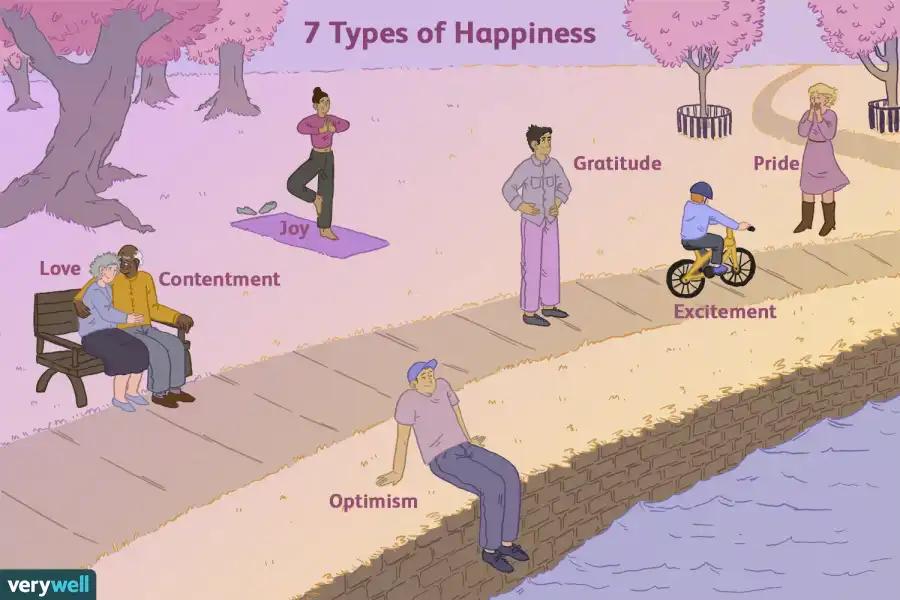The elusiveness of "natural"
The word "natural" is a common term we hear in our daily lives. We hear it in advertisements, from our local politicians, and many more.
However, the word "natural" itself is an elusive term and many researchers are trying to provide a precise definition for it. Usually, when we hear the word "natural" we almost always assume that it is "inherently good" even though it is almost always far from its actuality.
128
753 reads
CURATED FROM
IDEAS CURATED BY
The idea is part of this collection:
Learn more about problemsolving with this collection
The value of hard work and persistence
How to stay focused on long-term goals
How to learn from failures and setbacks
Related collections
Similar ideas to The elusiveness of "natural"
Are the different types of happines?
The human pursuit of happiness is one of the most common humand searches but it tends to be an elusive goal as well.
Luckily for us, the experience of "happiness" can actually take many forms and result from a variety of behaviors and life circumstances. Research can now point us t...
The argument from dictionary
The argument from a dictionary is a logical fallacy and happens when someone's argument is based, in a problematic way, on the definition of a particular term as it appears in a dictionary. The problem with these arguments:
- Dictionaries are descriptive
Examples of illusory correlations
- We know about Bill Gates or Mark Zuckerberg dropping out of college to start a billion-dollar business and we over-value that story in our heads. Meanwhile, we never really hear about all of the college dropouts that fail to start a successful company.
- We hear about a perso...
Read & Learn
20x Faster
without
deepstash
with
deepstash
with
deepstash
Personalized microlearning
—
100+ Learning Journeys
—
Access to 200,000+ ideas
—
Access to the mobile app
—
Unlimited idea saving
—
—
Unlimited history
—
—
Unlimited listening to ideas
—
—
Downloading & offline access
—
—
Supercharge your mind with one idea per day
Enter your email and spend 1 minute every day to learn something new.
I agree to receive email updates

